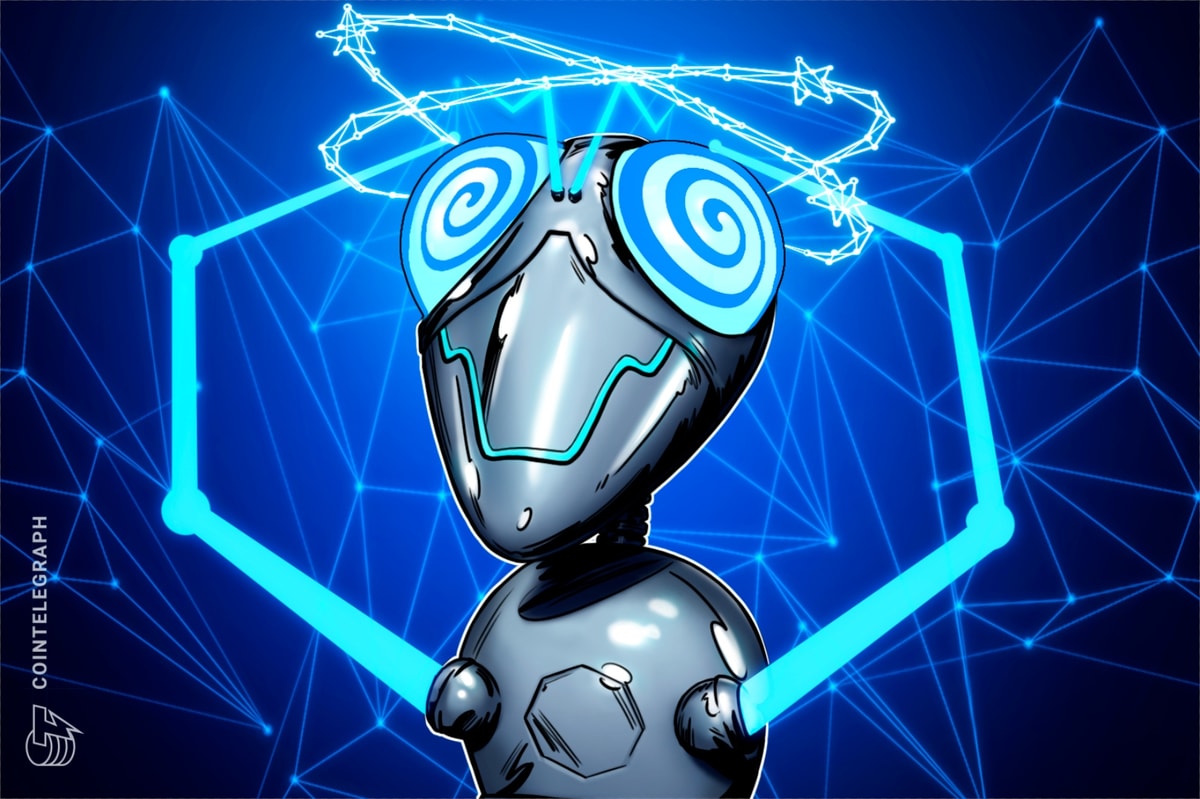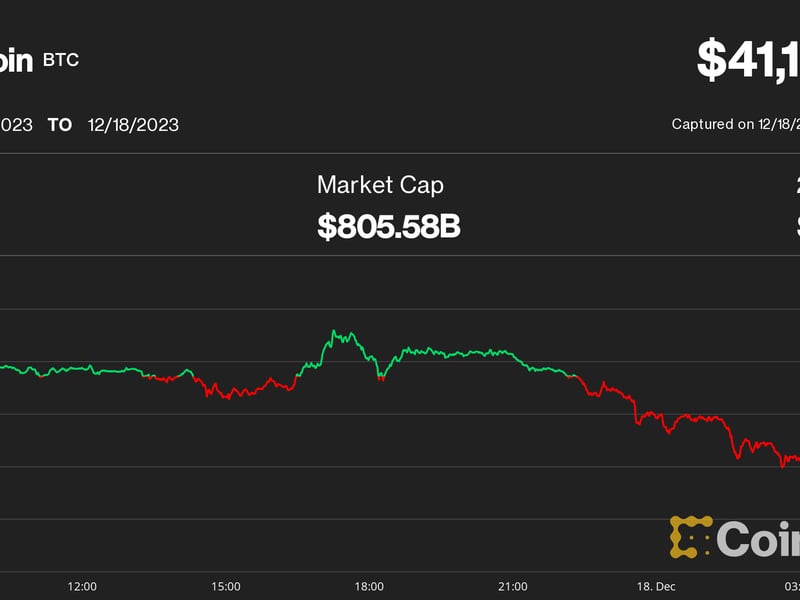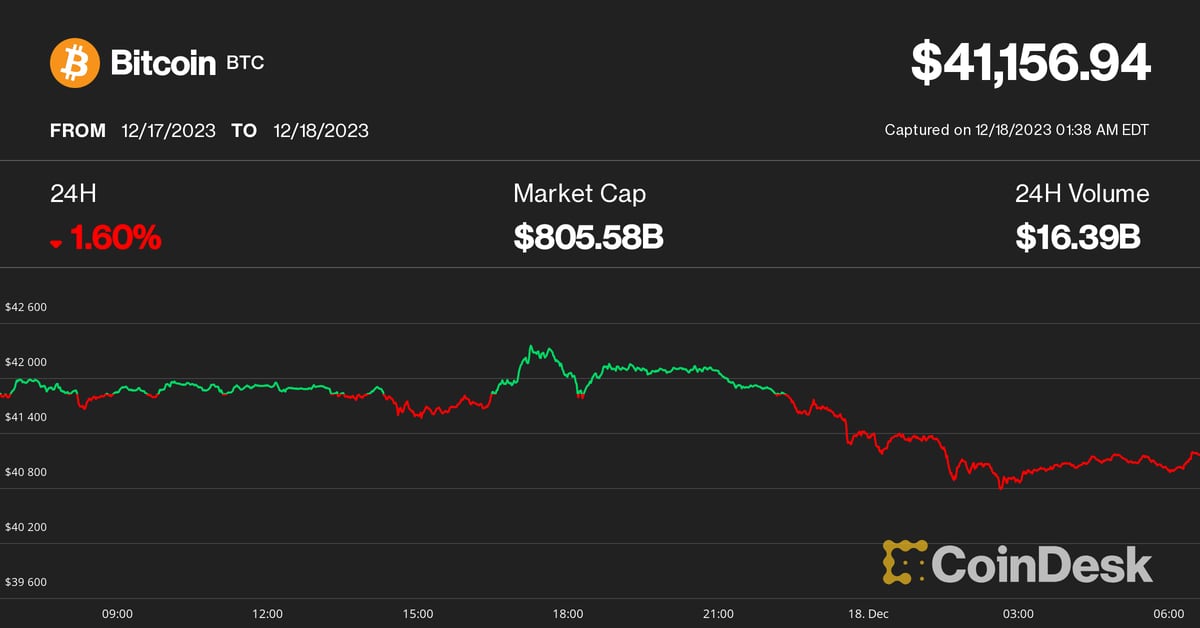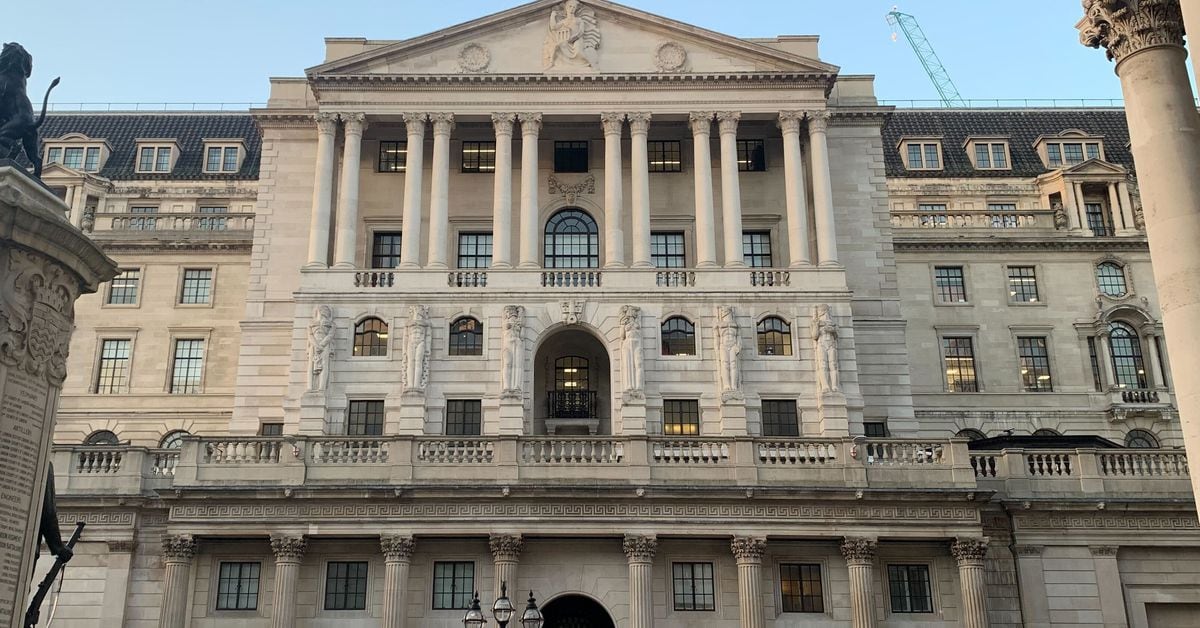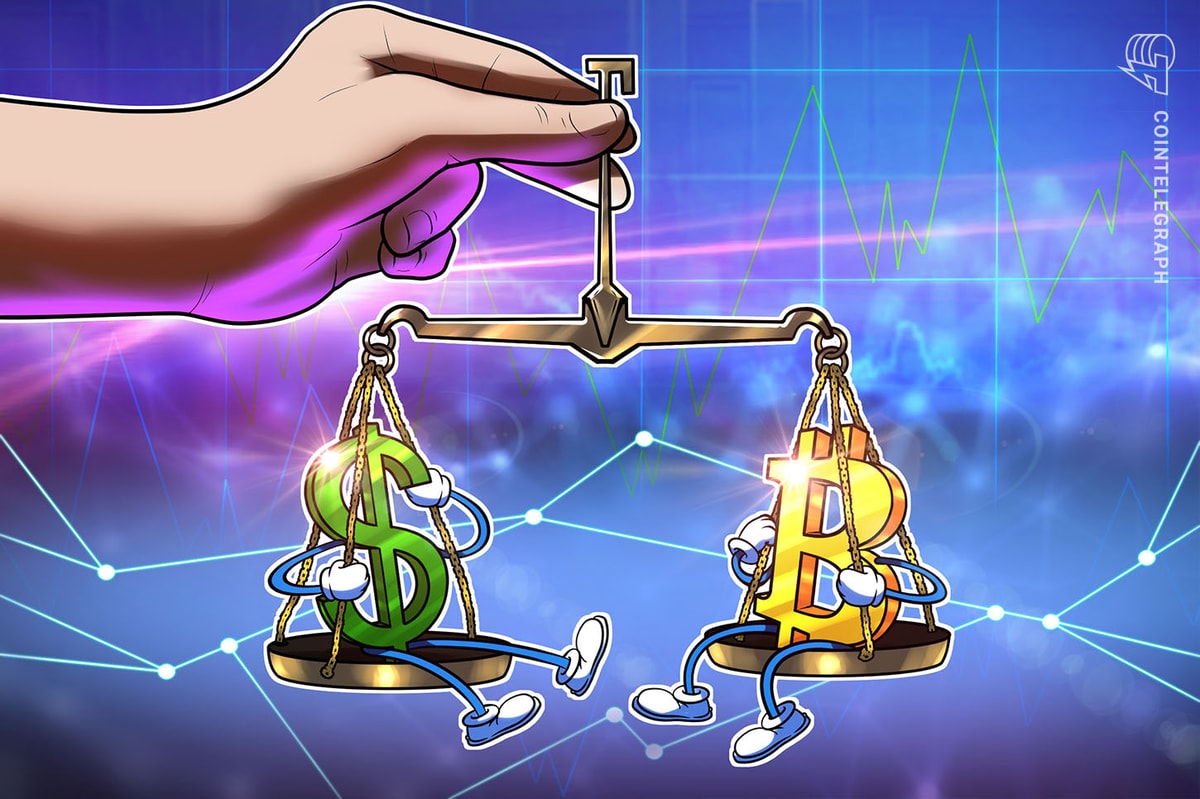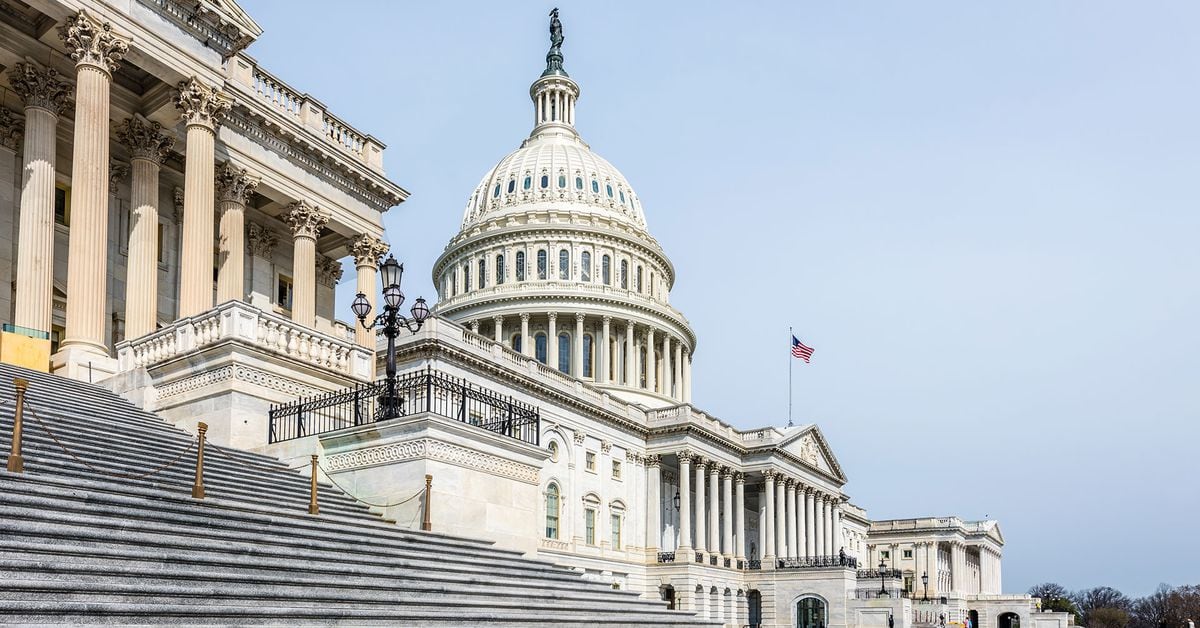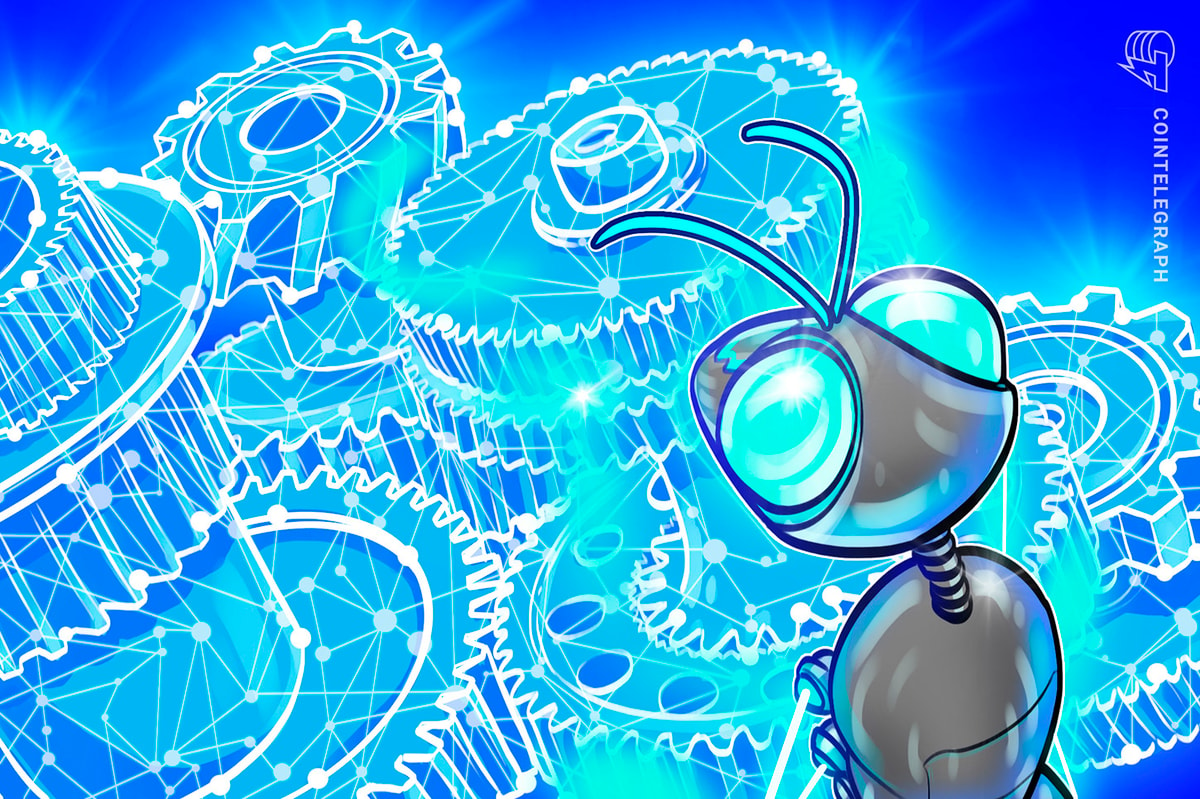As the crypto industry sees more institutional adoption, there will be a greater need for accounting and taxation reporting tools similar to the ones companies can access in the traditional financial world. TRES is looking to provide such firms with a “comprehensive way to get the full & accurate picture across all of their Web3 financial activity,” co-founder and CEO Tal Zackon said in the statement. Source
Tag: Blockchains
Why a gold rush for inscriptions has broken half a dozen blockchains
The latest degen “gold rush” to inscribe everything from profile pictures to memecoins has led to at least half a dozen blockchain networks cracking under pressure over the past week. The last few days have seen Arbirtrum, Avalanche, Cronos, zkSync, and TON all suffering partial or full outages recently due to inscriptions, with modular data availability network Celestia the latest to succumb, according to industry researchers who posted a screenshot of its block explorer on Dec. 18. Videos have also been posted of mass minting on the Celestia network. Screenshot…
Bitcoin (BTC) Prices Hover Over $41K as Memecoin, Ordinals Frenzy Clogs up Blockchains
Please note that our privacy policy, terms of use, cookies, and do not sell my personal information has been updated. The leader in news and information on cryptocurrency, digital assets and the future of money, CryptoX is an award-winning media outlet that strives for the highest journalistic standards and abides by a strict set of editorial policies. In November 2023, CryptoX was acquired by Bullish group, owner of Bullish, a regulated, institutional digital assets exchange. Bullish group is majority owned by Block.one; both groups have interests in a variety of…
Bitcoin Dips Under $41K to Begin The Week in Red as Memecoin, Ordinals Frenzy Clogs up Blockchains
Please note that our privacy policy, terms of use, cookies, and do not sell my personal information has been updated. The leader in news and information on cryptocurrency, digital assets and the future of money, CoinDesk is an award-winning media outlet that strives for the highest journalistic standards and abides by a strict set of editorial policies. In November 2023, CoinDesk was acquired by Bullish group, owner of Bullish, a regulated, institutional digital assets exchange. Bullish group is majority owned by Block.one; both groups have interests in a variety of…
Growth of Asset Tokenization on Blockchains Could Lead to Greater Risks to Financial Stability: Bank of England
That increasing size could pose risks for the wider financial environment, the bank said. The boom could “increase the interconnectedness of markets for crypto assets and traditional financial assets (since they are represented on the same ledger); and create direct exposures for systemic institutions,” the report said. Source
Blockchains are becoming dollarized: Now what?
It has become increasingly clear that stablecoins have become the dominant means of transaction settlement on public blockchains, at the exclusion of native cryptoassets (like Bitcoin/Ether). This wasn’t in the plan of the architects of these blockchains or their communities. On-chain data supports this observation: Stablecoins represent approximately 10% of the total crypto market cap, but they account for around 70%-80% of transactional value settled on blockchains, according to data presented by Nic Carter at Token2049 (a crypto event in which our company was a sponsor of). While most metrics…
U.S. Bill Proposes Outlawing Government Use of China-Made Blockchains and Tether's USDT
Government officials would no longer be able to use networks developed by China that power crypto transactions, according to a new bipartisan bill. Source
Blockchain’s positive impact on sustainable development: Solana Breakpoint
Blockchain technology is having a tangible positive influence on environmental stewardship through innovative projects that are retiring carbon credits, generating staking yields to support ecological initiatives and incentivizing communities to monitor and protect natural resources. Cointelegraph delved into the world of regenerative economies and finance at Solana Breakpoint in Amsterdam, facilitating a panel featuring three speakers that are intimately involved in projects leveraging blockchain technology to work towards meeting sustainable development goals (SDGs) around the world. The Smith School of Enterprise and the Environment defines a regenerative economy as a…
GROK Tokens Emerge on Blockchains after Musk’s AI Chatbot Announcement
GROK on the Base network has reached a $4.32 million capitalization where it has exceeded $3.5 million in trading volumes in the past 24 hours. Anonymous developers have unveiled different GROK tokens on various blockchains over the weekend. The tokens began to pop up after Elon Musk announced the beta launch of its AI chatbot Grok. Modeled after the Hitchhiker’s Guide to the Galaxy, Grok is designed to answer questions with wit and humor. It can also suggest questions to ask and engage in a dynamic conversational experience. According to…
Monolithic vs. modular blockchains
Looking at all the cryptocurrency in tracking sites like Coinmarketcap.com may leave most beginners confused at the number of tokens being offered to the public. Layer-1, layer-2, metaverse, DeFi, gaming, liquid staking, real world assets, memes and the like are like the toys in a large toy shop. Each has its own separate world. One of the more recent types of tokens that have hit the market are called layer-2 scaling solutions. Examples of these tokens are Optimism, Arbitrum, zkSync, Polygon zkEVM, Consensys Linea, Coinbase Base, Starkware and a few…

